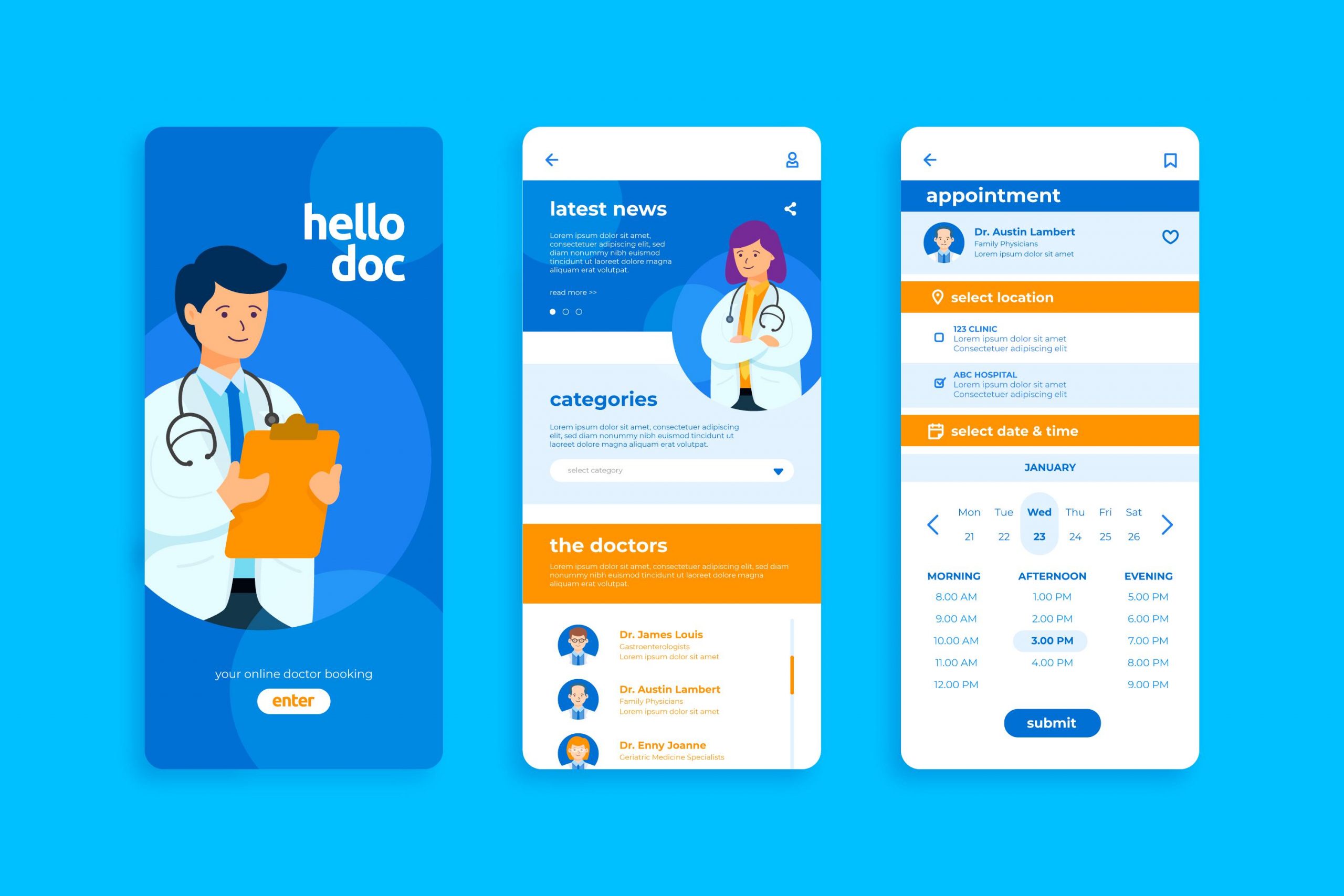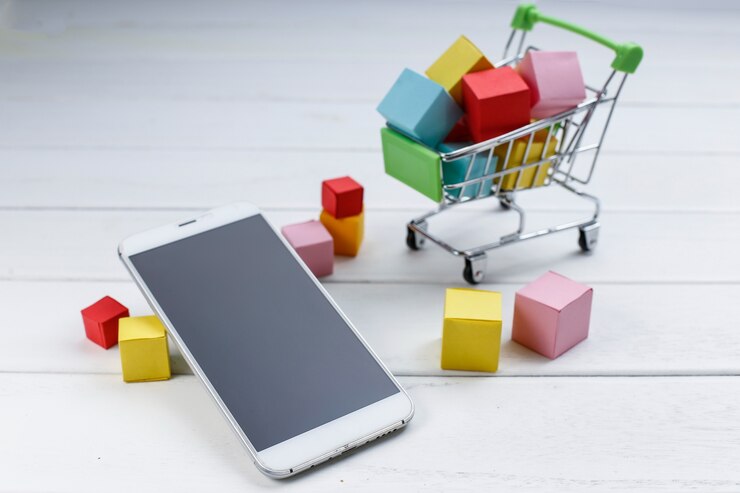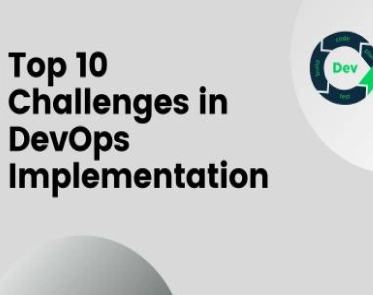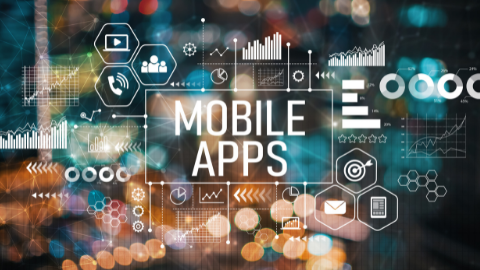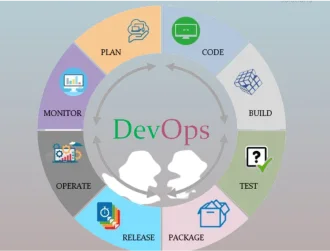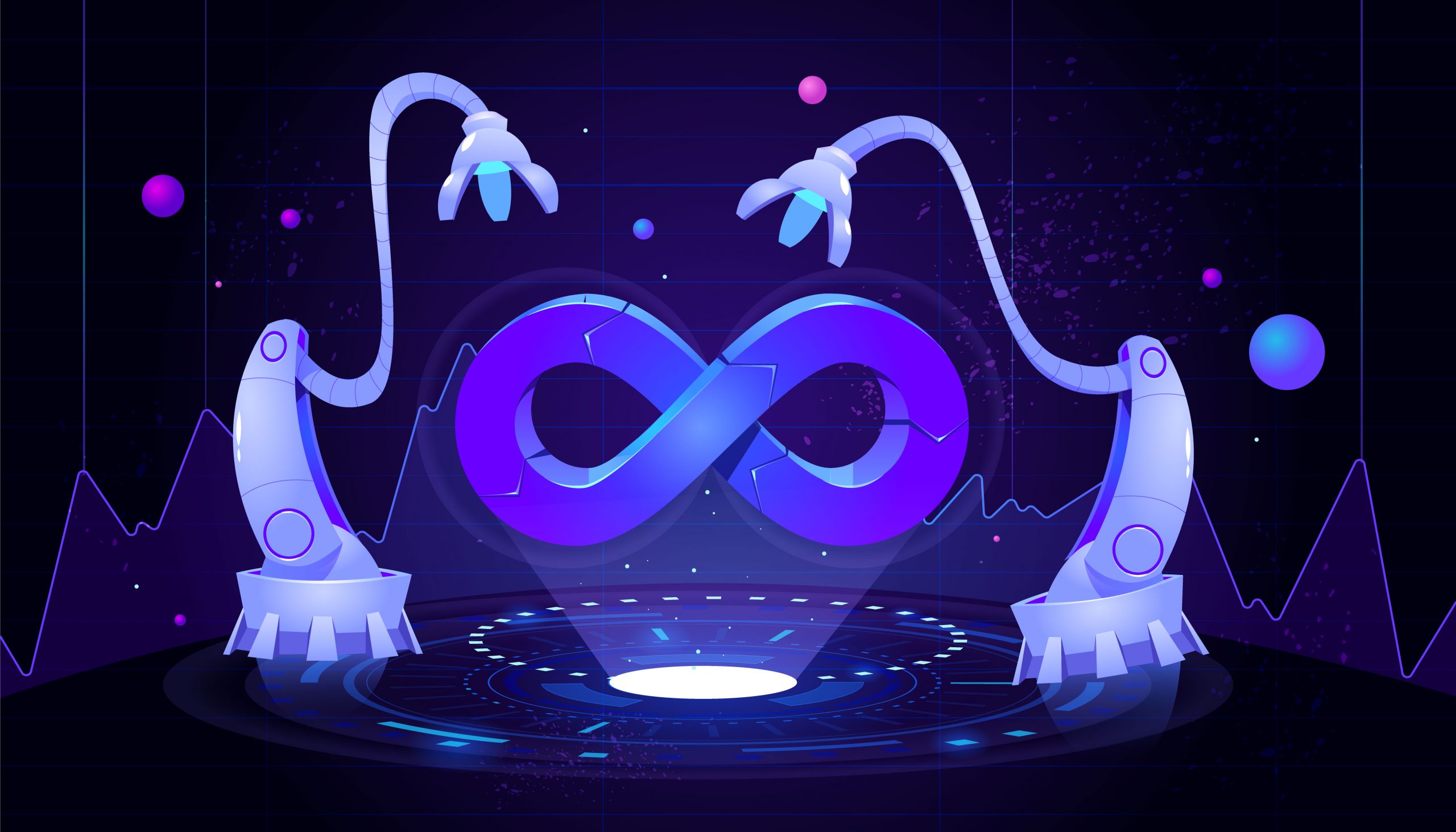Technological advancements are increasingly pivotal in the evolving healthcare landscape, influencing patient treatment modalities. A significant innovation is the development of healthcare applications.
A healthcare app development company focusing on developing healthcare applications is essential in addressing the ever-increasing need for advanced and readily available healthcare services. The global healthcare app market is poised to reach $111.1 billion by 2026.
However, their advanced digital products increase patient outcomes and streamline medical procedures. This blog post focuses on the industry’s adaptation to technological advancements and the attributes that make healthcare apps invaluable to both clients and health professionals.
A rise in healthcare app development companies
Improved patient engagement, remote monitoring, and personalized healthcare experiences have boosted the business of healthcare app developers. To apply innovative health technology, these firms create apps that connect patients and healthcare providers to establish a more connected and efficient healthcare system.
- Improved patient involvement:
Health apps enable two-way communication between patients and doctors. Patients have more control over their healthcare by scheduling appointments, tracking prescriptions, and communicating with both providers. This results in improved health outcomes and also encourages patient engagement.
- Remote patient monitoring:
Leveraging the widespread adoption of wearable devices and IoT technology, healthcare apps now facilitate remote patient monitoring. Patients can control their blood glucose, heart rate, and pressure levels in near real-time. With a clearer vision of the patient’s health situation, medical practitioners can respond more promptly if any abnormalities become apparent.
- Personalized healthcare experiences:
Healthcare app development leverages data analytics and AI to deliver personalized care experiences. These applications can offer personalized health advice, prescription plans, and lifestyle suggestions based on user data. This personalization increases both preventive healthcare and patient compliance with treatment plans.
Technology Solutions in HealthCare App Development
Some of the technology solutions in health care include:
- Artificial intelligence (AI) and machine learning (ML):
These two innovations are pioneering the medical app development field with personalized treatment plans, image-recognition diagnostics, and predictive analytics. These technologies improve the accuracy of diagnoses for healthcare applications and help develop smart health solutions.
- Solutions for telemedicine:
When telemedicine functionalities are incorporated into healthcare apps, it becomes possible to organize remote consultations, thus reducing the number of in-person visits. Patients have easy access to health care with virtual healthcare services, chat capabilities, and video consultations being integrated into health apps with the help of a mobile app development company.
- The internet of things (IoT):
Distant patient monitoring uses IoT devices. Sensors, smart devices, and wearables help healthcare apps collect real-time data, which can be used to paint a holistic picture of the patient’s health state. Healthcare providers can make informed decisions and act promptly with this data-driven approach.
How health care technologies are transforming treatments?
Here are listed some of how the health care technologies are transforming the treatment:
- Virtual reality (VR) and augmented reality (AR):
Healthcare applications combine virtual reality (VR) and augmented reality (AR ) technologies to enhance medical training, pain management, and patient education. While AR overlays digital data onto the real environment, VR uniquely simulates surgical procedures for educational purposes.
- Voice recognition:
Voice recognition is adding a lot of convenience in data entry and communication when healthcare applications are concerned. Healthcare professionals can avoid human error when manually entering patient data by using voice commands to access patients’ records, transcribe their notes, and even update information.
- Robotic process automation (RPA):
By automating routine and repetitive tasks, this technology enables healthcare providers to streamline back-office operations such as appointment scheduling, invoicing, and claims processing and spend more time with their patients.
Digital solutions for healthcare: overcoming challenges
Such distinguishable features of healthcare applications are widely used and beneficial, but some threats must be considered. For example:
- Data security and privacy concerns:
Data security and privacy represent additional critical issues. This is crucial as healthcare applications deal with sensitive patient data. Healthcare app developers must follow legislation to safeguard such data and use policies like ciphering, authentication, and access limitation.
- Integration and interoperability:
However, effectively integrating multiple healthcare systems and many apps remains a challenge. Healthcare app developers should create a unified environment by integrating their solutions with other healthcare technology, including electronic medical records and diagnostic equipment.
- User adoption and engagement:
User adoption and engagement are the main criteria for determining the success of healthcare applications since it has to be sustained over time. UI designers should prioritize creating interfaces that are intuitive and user-friendly, incorporating instructions and prompts to engage users actively in their health journey.
Conclusion
Healthcare application development companies are creating new standards as digital innovation transforms healthcare. Virtual reality, IoT, AI, and blockchain revolutionize diagnosis and therapy. Healthcare applications are crucial to creating a customer-centric integrated health ecosystem. Thus, they will be prioritized as technology advances.
Given constant innovation and development, which result in increasingly complicated, difficult-to-implement solutions, healthcare software’s future is bright. Data security, compatibility, and user engagement will be addressed as healthcare apps advance toward a healthier, tech-dependent society.
